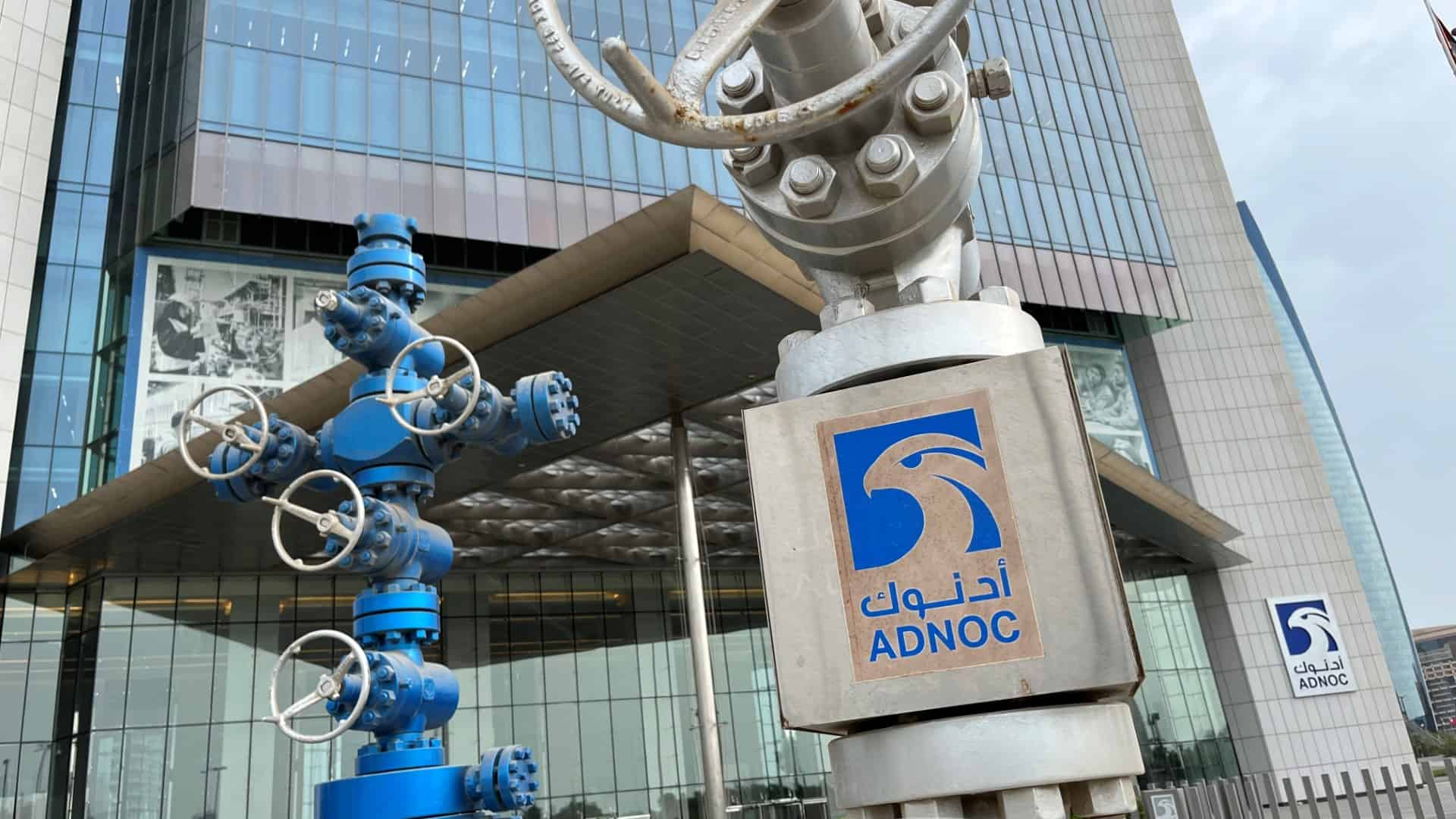Dubai, UAE — The Abu Dhabi National Oil Company, the national oil giant of the United Arab Emirates, which is he host of this year’s UN climate talks, said Monday it had accelerated its emission reduction goal to achieve carbon neutrality by 2045.
ADNOC “is accelerating its decarbonization plan to advance its net-zero ambition to 2045, compared to its previous target of 2050,” the company said in a statement.
It said is intends to “increase its investments and redouble efforts in decarbonization,” relying on an initial financing of $15 billion for “low-carbon solutions” and achieving “zero methane emissions by 2030”.
Environmental groups charge that net-zero pledges from the world’s energy giants are misleading when the companies in fact plan to increase their oil and gas sales, as ADNOC does.
The pledges to cut emissions apply to producing, refining and processing operations -– not to the vastly greater emissions caused when the fuel is burnt to power cars, planes and factories.
The oil giant said it has “reduced its greenhouse gas emissions” by about five million tons in 2022, mostly through the use of solar and nuclear energy, to power all of its onshore operations.
The UAE, one of the world’s leading oil exporters, is set to host the COP28 climate summit in November and December.
Its new plans set this month to reduce greenhouse gas emissions by 19 percent by 2030 compared to 2019 levels were criticized by analysts as “insufficient”.
Climate Action Tracker, a project run by non-profit climate groups, said that while this marked an improvement on the UAE’s previous plan, its intention to increase fossil fuel production would render it “unachievable”.
ADNOC CEO Sultan Al Jaber, who will head up the UN climate talks, has argued that fossil fuels will continue to play a key role, and that carbon capture technologies will contain emissions.
The world remains far off track on the Paris Agreement’s goals to curb global warming to two degrees Celsius, and preferably 1.5C.
Meanwhile, global temperatures have hit record highs this month as people across the planet have been pounded by floods, storms and crop-withering heatwaves.








